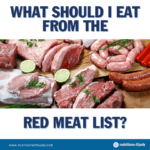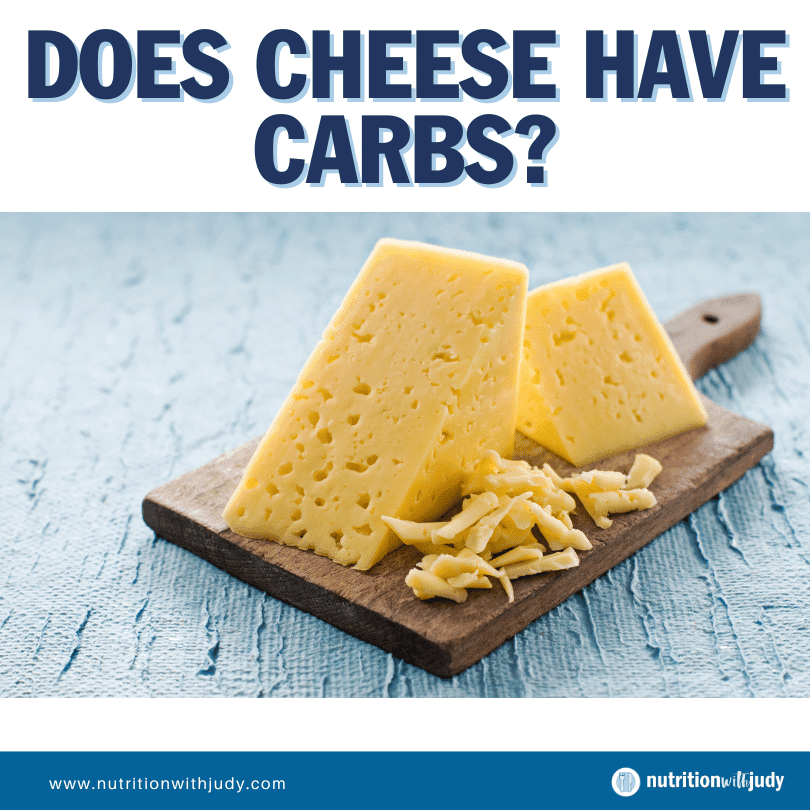

Does Cheese Have Carbs?


Starting a healing journey with the carnivore diet has attracted a broad audience, particularly those aiming to mitigate or manage chronic conditions. It’s renowned for its effectiveness in facilitating weight loss and enhancing overall health. This distinct diet highlights the consumption of animal-based products, including the option to incorporate dairy items such as cheese.
For those meticulously managing their diet, comprehending the nutritional content of such foods is pivotal. A prevalent question among followers of the carnivore diet, especially those keeping a close eye on their carbohydrate consumption, is, “Does cheese have carbs?” This inquiry is vital for adherents to the more restrictive, low-carb iterations of the carnivore diet who prioritize macronutrient tracking.
We will delve deeper into the types of carnivore diets that accommodate cheese, the macronutrient profile of cheese, and whether cheese should be a part of your carnivore dietary regimen.
What Is the Carnivore Diet?
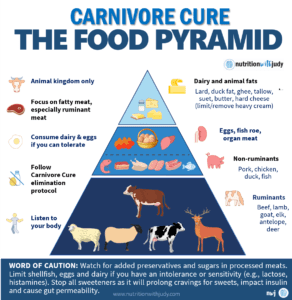

The carnivore diet, sometimes referred to as the all-meat diet, positions itself as a zero or near-zero carbohydrate regimen centered around animal products. It strictly limits all forms of plant-based nutrition, focusing instead on meats and animal-derived products. Adopted for its potential in weight reduction, mental enhancement, and significant advantages in addressing autoimmune, inflammatory, and digestive issues, the carnivore diet is lauded as the ultimate elimination diet. It enables individuals to identify whether dietary choices are contributing to their health dilemmas, or if further investigation is necessary. It offers a solid foundation for various aspects of one’s health journey, reducing the complexity of dietary variables that may lead to a myriad of health problems.
Exploring the carnivore diet unveils a spectrum of variations, each tailored to suit different health goals and dietary preferences. For those starting this for healing, beginning with a more restrictive approach is advisable. This method allows for the gradual reintroduction of foods, enabling individuals to pinpoint specific food sensitivities. Given the limitations of food sensitivity tests, elimination diets emerge as the most reliable method for identifying dietary triggers.
Carnivore Diet Variations That Include Cheese
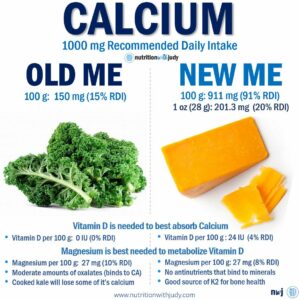

The following are carnivore diet variations that include cheese:
- Nose-to-Tail Carnivore Diet: Embracing every part of the animal, this variation incorporates meats, organs, dairy, and eggs. Ideal for those seeking to consume organ meats or address certain nutrient deficiencies, it does, however, warrant caution with liver and kidney consumption due to the potential for vitamin A toxicity.
- Zero-Carb Carnivore Diet: Although predominantly focused on muscle meats, this diet includes minimal carbohydrates from dairy and egg products, aligning closely with a near-zero-carb framework. It may accommodate low-carb seasonings and beverages beyond water depending on personal tolerances.
- Carnivore Keto Diet: This hybrid approach merges the zero-carb carnivore and keto diets, introducing low-toxicity plants and low-carb varieties. This variation is ideal for individuals who’ve done a certain amount of healing and can introduce a small amount of plant foods to their diet.
- Carnivore-ish Keto Diet: Building on the carnivore keto framework, this diet may incorporate more keto-friendly options such as sweetener alternatives, nut products, and certain plant foods. Selections are made with an eye towards low or no-net-carb options, including avocados and spinach, catering to those who are metabolically flexible and free from food addictions.
- Animal-Based Diet: Championed by Paul Saladino, this diet encompasses meat, organs, raw dairy, honey, and fruit. Unlike its counterparts, it includes fructose and carbs, positioning it outside the ketogenic category. We generally don’t recommend this variation as many individuals trying to heal often stall due to the inclusion of fruit and honey.
Selecting the right carnivore diet variation depends largely on your individual health status, goals, and taste preferences. If you have chronic illness, gut concerns, and deeper root-cause issues, dairy typically isn’t recommended to begin with. Therefore, opting for a beef-only carnivore diet, lion diet, or meat-only carnivore diet would be ideal for these scenarios.
Understanding Carbohydrates in Cheese
When exploring the carnivore diet, many wonder, “Does cheese have carbs?” and how it fits into such a dietary regimen. Cheese, a favored element for many on the carnivore diet, varies significantly in carb content across different types. While the diet primarily focuses on meat and animal products, cheese stands out as a potential source of carbohydrates, albeit usually in small amounts.
Comprehensive Guide to Low-Carb Cheeses
- Brie and Camembert Cheeses: These soft cheeses are not only delicious but also carnivore-friendly, with a mere 0.1 grams of carbs per ounce. Their creamy texture makes them a luxurious addition to any meal.
- Muenster Cheese: With only 0.3 grams of carbs per ounce, Muenster is a versatile cheese that pairs well with various carnivore-approved dishes, adding a rich flavor to burgers and sandwiches.
- Cheddar Cheese: A classic choice in many kitchens, cheddar provides rich, deep flavor with less than 0.5 grams of carbs per ounce, making it suitable for a variety of culinary uses from snacking to cooking.
- Goat Cheese: For those who enjoy a tangy kick, goat cheese offers about 0.5 grams of carbs per ounce and integrates well into numerous recipes, from egg dishes to salads.
- Gouda Cheese: This cheese, known for its nutty and slightly sweet flavor, contains about 0.6 grams of carbs per ounce. It’s excellent for those looking for a snack or a flavorful addition to meals.
- Mozzarella Cheese: A favorite in Italian cuisine, mozzarella has 0.6 grams of carbs per ounce and is perfect for creating carnivore-friendly versions of classic dishes such as lasagna and pizza.
- Blue Cheese: Distinctive in flavor, blue cheese adds a punch to dishes with around 0.7 grams of carbs per ounce. It’s an ideal choice for dressing up steaks and burgers.
- Halloumi Cheese: This grilling cheese brings a unique texture and flavor to the table with 0.7 grams of carbs per ounce, making it a great option for a keto-friendly grilled cheese sandwich.
- Swiss Cheese: Known for its signature holes, Swiss cheese is versatile, with about 1 gram of carbs per ounce, making it a great fit for sandwiches and melting dishes.
- Cream Cheese: With its soft, spreadable texture, cream cheese offers approximately 1 gram of carbs per ounce, lending itself to a wide range of carnivore diet recipes.
- Parmesan Cheese: This hard, aged cheese is known for its robust flavor, providing about 1.2 grams of carbs per ounce. It’s perfect for adding a savory touch to dishes.
- Feta Cheese: Crumbly and salty, feta cheese contains around 1.2 grams of carbs per ounce, making it a flavorful addition to various recipes.
- Ricotta and Cottage Cheese: These cheeses are on the higher end of the carb spectrum with 3 to 4 grams per ounce but can be incorporated in moderation to add creaminess to meals.
By understanding the carb content in various types of cheese, those following the carnivore diet can make informed choices that align with their dietary goals, whether they’re aiming for strict zero-carb intake or are more flexible in their approach. This comprehensive guide to low-carb cheeses aids in navigating the diet with ease, ensuring a flavorful and enjoyable dietary experience while maintaining adherence to low-carb principles.
Not everyone needs to micromanage their carb intake. If you tolerate higher-carb cheeses and they don’t negatively impact you while you’re healing, these can be included in your diet as well.
The Role of Cheese in Nutrition and Health
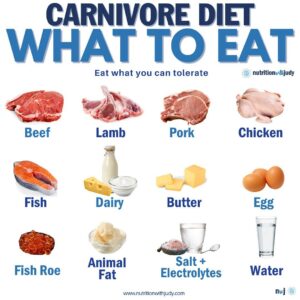

Cheese has been a fundamental component of human diets for thousands of years, offering not just culinary versatility but also substantial nutritional value. It is a rich source of essential proteins, fats, vitamins, and minerals, contributing to a well-rounded diet. The health implications of cheese consumption have been extensively studied, revealing potential benefits for various aspects of wellness.
Cardiovascular Benefits
The relationship between saturated fats in dairy products and cardiovascular health has been a subject of debate. However, recent studies, including a comprehensive 2010 meta-analysis of over 347,000 individuals, have challenged the notion that dairy fats contribute to heart disease and stroke. In fact, evidence suggests that cheese consumption may be associated with a lower risk of cardiovascular incidents. This protective effect is partly attributed to vitamin K2 present in dairy, which plays a critical role in cardiovascular health.
Metabolic Health
Cheese’s impact on metabolic syndrome, a cluster of conditions that increase the risk of heart disease and diabetes, has also been favorable. Systematic reviews have shown that dairy intake, including cheese, may offer a protective effect against metabolic syndrome, highlighting the role of cheese in maintaining metabolic health.
Ischemic Heart Disease and Longevity
Further research spanning across Europe with over 400,000 participants found that higher cheese intake was linked to a reduced risk of ischemic heart disease. Additionally, studies such as the EPIC-NL have connected cheese consumption with decreased cardiovascular mortality, particularly from strokes, underscoring the potential of cheese to contribute positively to long-term heart health.
Cheese as a Source of Butyrate
Beyond its macro and micronutrient profile, cheese is recognized for its content of butyrate, a type of short-chain fatty acid (SCFA) known for its extensive health benefits. Butyrate has been noted for its positive effects on the heart and gut, among other systems, positioning cheese as a valuable food for overall health and well-being.
Integrating Cheese into the Carnivore Diet
Acknowledging that cheese contains carbs, its integration into a carnivore diet necessitates a personalized approach. Cheese’s health benefits and its role in an optimal diet are clear, yet moderation is key, especially for those with specific dietary goals or sensitivities to dairy.
Selecting cheeses with lower carbohydrate content can be a strategic choice for maintaining a low-carb intake while enjoying the variety and flavor cheese adds to the diet. The diversity of cheese types, from soft and creamy to hard and aged, offers ample opportunity to enhance meals without compromising dietary principles.
Closing Thoughts On Cheese Within a Carnivore Diet Framework
The question of “Does cheese have carbs?” reflects a broader consideration of how best to balance a diet that prioritizes animal products. While cheese does indeed contain carbohydrates, its inclusion in a carnivore diet can be both healthful and enjoyable, provided it is consumed in alignment with individual health goals and dietary tolerances. The potential health benefits of cheese, from cardiovascular protection to metabolic support, make it a worthy addition for many on the carnivore diet.
Cheese’s versatility and nutritional profile allow for creative culinary exploration within the carnivore diet, enriching the dietary experience without straying from the diet’s low-carb, high-protein focus. As with all aspects of diet and nutrition, personalization is key, ensuring that the inclusion of cheese supports overall health objectives and dietary satisfaction.
Work With Our Trusted Carnivore Diet Functional Nutritional Therapy Practitioners
The Nutrition with Judy practice is honored to be a trusted carnivore diet practitioner support serving clients from around the globe. We’re passionate about helping our clients achieve root-cause healing in order to lead the best quality of life possible that’s nearly symptom-free. Our team is dedicated to helping clients find the best-personalized carnivore diet to support their wellness goals. We welcome you to explore our free resources and are always available to support you through personalized protocols. Our Symptom Burden Assessment (SBA) is the perfect starting point for discovering your root cause and is required to work with our team— you can learn more in-depth about this powerful tool here.
Start your root-cause healing journey today and contact us any time with any questions or concerns.
DISCLAIMER: This content is for educational purposes only. While we are board-certified in holistic nutrition and are nutritional therapy practitioners, we are not providing medical advice. Whenever you start a new diet or protocol, always consult with your trusted practitioner first.




